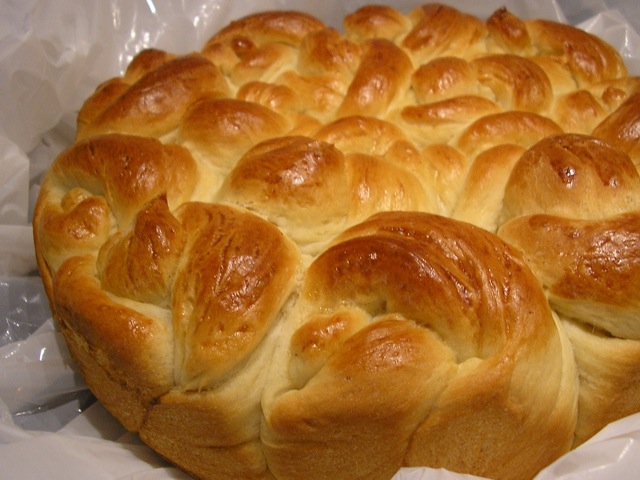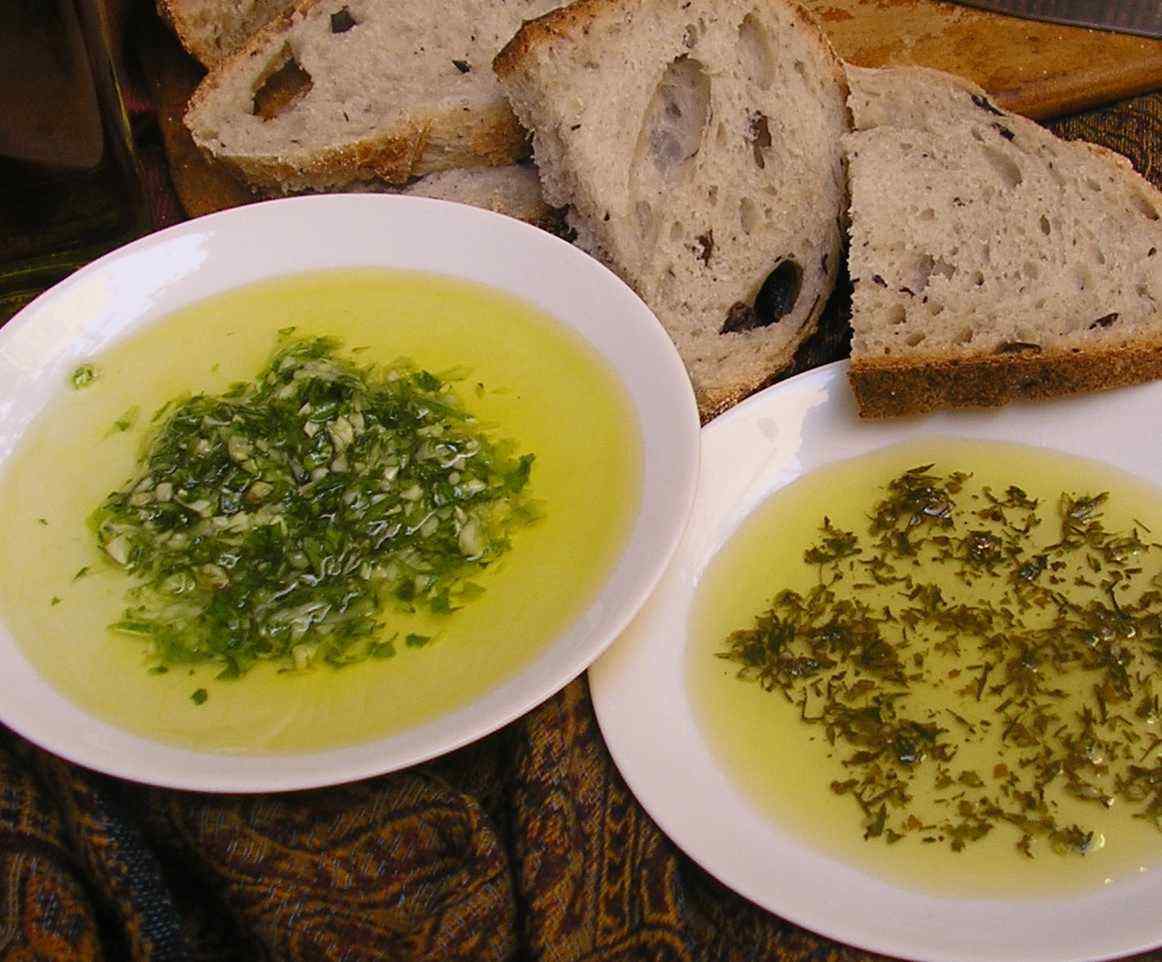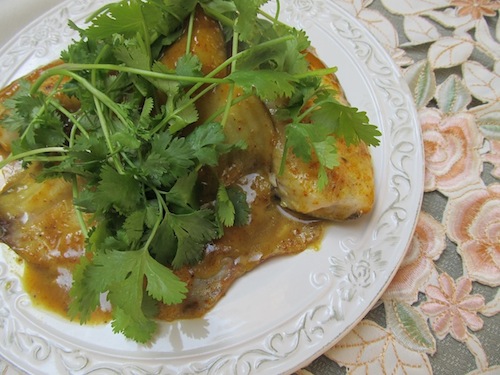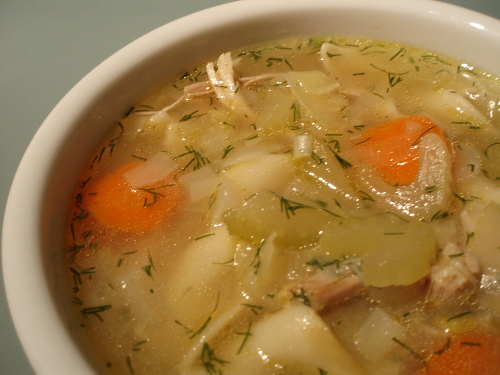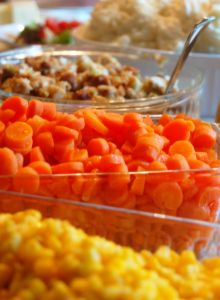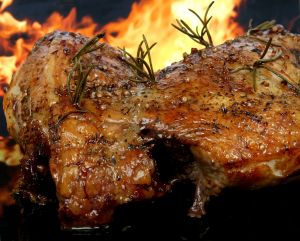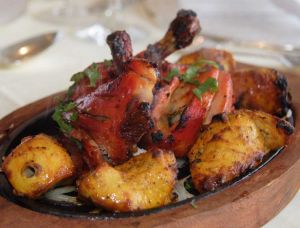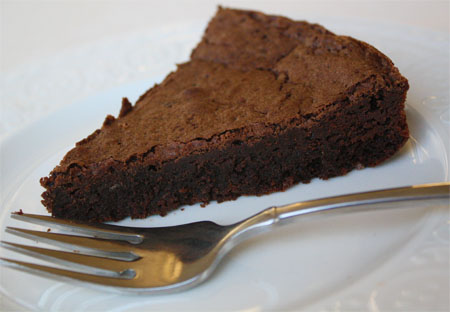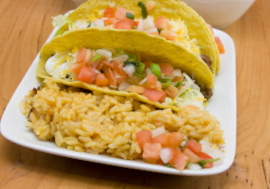|
|
|
Your Kosher Diet: Direct Channel
Ever wonder WHY we keep kosher?
Each year brings its entree of new kosher cookbooks designed to bring excitement to our kosher diet: elegant cookbooks of Shabbos recipes and Jewish holiday inspiration or quick and easy weeknight planners. Cookbooks for kids and cookbooks from noble organizations--dairy ones, diet ones, and dessert ones. We reinvent trendy recipes to meet the laws of kashrus and are thrilled to discover famous or fancy grocery items sporting newly acquired reliable hechsherim, kosher symbols.
With so much written about-- and effort extended-- to ensure our adherence to our dietary laws, how often do we really think about the deeper meaning for this enormous mitzvah we are entrusted to safeguard? Exactly what does keeping kosher mean?
Kosher: the diet with nothing to lose
The kosher laws are a chok, a category for which the Torah gives no rational explanation. We keep a kosher diet knowing only that our King, who designed our bodies and has an intimate knowledge of our inner workings, planned the perfect menu to please both our physical and spiritual palates.
Our sages say that being careful to eat a kosher diet only is of great spiritual benefit to us—and they go even further; saying that by not observing these laws we cause ourselves immense damage. The damage is not physical.
Rabbi Moshe Haim Luzzato, the Ramchal, in The Path of the Just, says that because food enters our body and becomes a part of us, eating forbidden foods is the worst of all sins, as it deprives us of our spiritual potential. Non-kosher foods block our heart from connecting with our soul, and the ability to bring kedusha, holiness into our daily lives diminishes as we eventually forget what it is to be a holy people. Worst of all, says Ramchal, we do not even realize the loss.
The laws that define what is kosher food and what is forbidden comprise the second half of parsha Shemini. In the first half of the same parsha, the dedication of the Mishkan, the Tabernacle in the desert, is described. By placing these seemingly unrelated subjects-food and the precursor to the Holy Temple together, the Torah challenges us to discover and address their connection.
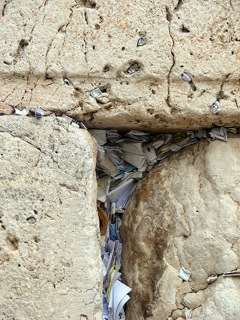 |
God commanded us to build the Mishkan after the Sin of the Golden Calf. Until then, we were constantly aware of Hashem's involvement in our daily lives, however, with this sin we regressed. Hashem saw that in order to regain our spiritual potential we needed a physical structure to house His Presence. He told us how to build the Mishkan and later, the Beis HaMikdash, the Holy Temple in Jerusalem. Through the miracles of these direct channels, we were constantly aware that Hashem then dwelled among us . |
The mitzvah that leads to more mitzvos
Once a relatively less-observant Jew went to his Rabbi and told him that he was willing to take on something religiously; but only one thing. He gave the Rabbi the choice of either keeping Shabbos, observing kashrus, or keeping the laws of taharas hamishpacha. The Rabbi was in a quandry. How does one weigh one mitzvah over another?
The Rabbi forwarded this question on to the leader of the generation, Rav Moshe Feinstein for an answer. Rav Feinstein told the Rabbi that the man should take on to observe kashrus because in this way the connection between him and HaShem will not be blocked. Thorough keeping a kosher diet, he would probably be open when the opportunity to connect to more mitzvos arrived.
Now you can see why the Mishkan and Kashrut are placed in the same parsha of Shimini. Kasrhus and the Beis HaMikdash, may it be rebuilt soon, are potent, open channels for kedusha to flow from Above— into our daily lives.
And now you can also see how a kosher diet is a amazing opportunity for enhancing everything we do with holiness.
Thank you for reading and now for......

